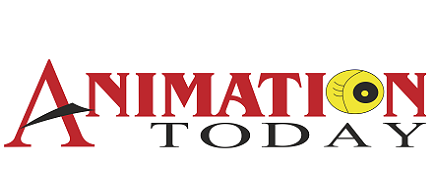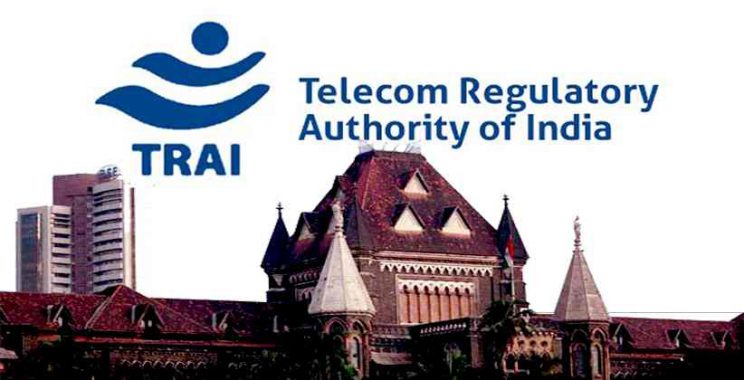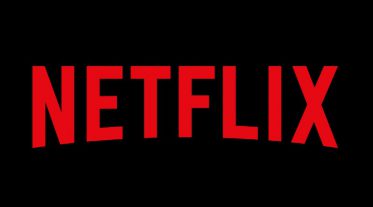The Indian broadcasters urged the Bombay High Court, on Tuesday 14 January 2020, to suspend new government regulations on pay-TV charges they say would put some channels out of business and stifle consumer choice.
The move came due to the New Tariff order (NTO) amendments by the Telecom Regulatory Authority of India (TRAI), who defended its decision to curb excessive pricing by making broadcasters double the number of channels offered in a certain fixed-price package and cap charges for additional channels, among other steps.
The concern was put forward before the bench of Justice SC Dharmadhikari and Justice RI Chagla on 13 January, and today’s court appointment was a part of a preliminary hearing, as per Reuters report.
Indian Broadcasting Foundation (IBF), Sony Pictures Networks India (SPNI), Star India, Disney India, ZEEL, Viacom18 and Producers Guild of India among others have independently filed written petitions before the HC. They also emphasised that they cannot meet a 15 January deadline to notify consumers of new pricing plans.
“Many broadcasters have filed a petition. They have grievances against the tariff order. They will ask the court for injunctive relief until it’s fully heard,” reports Reuters.
At a press conference conducted earlier on Monday, TRAI secretary S K Gupta mentioned that he was not aware of any court hearing, but it would likely preclude talks. “There is no point for deliberations or discussions at this point in time if they choose to move to the court,” he said in New Delhi.
TRAI chairman R S Sharma addressed at the same press conference that the regulator had not curbed freedom to price the channels. “I don’t know how people can say that we have strangulated them or we have not given them freedom,” he said.
IBF members had come together in a show of strength in the first of kind press conference on Friday, 11 January, to oppose the amendments, the second such tariff order in less than a year. and discussed threadbare how the recent amendments will negatively impact the broadcasting sector. The main grudge of the petitioners is that the amendments will have an impact on their right to do business.
IBF president N P Singh had highlighted four key issues about the new amendments that the broadcasters find problematic.
“The long term effects of this are going to be extremely destructive. I don’t see a case for the existence of the smaller channels … most of them will have to shut shop,” The Walt Disney Company APAC president and The Walt Disney Company India and Star India chairman Uday Shankar told the reporters.
Viacom18 Group CEO & MD and IBF vice president Sudhanshu Vats added, “The other objective of NTO was transparency which it has also brought in. The question therefore, is ‘What is the fundamental need to change again?’ In my opinion, there was no need. India is a heterogeneous country with different choices and abilities to pay. In every sector, there is a wide spectrum and that needs to play out more in Indian media as well. This push for consistency shouldn’t come in the way of the industry’s and economy’s growth. In the M&E industry, there is a lot of dynamism and flux and hence the broadcast sector needs to be able to settle down.”
TRAI also clarified in the press con that the amendments will address the teething issues faced by the consumers while balancing the interests of broadcasters as-well-as the distribution platform operators (DPOs) to create a level playing field.
It further stated that these amendments are to address certain anomalies in the market which necessitated review for achieving the orderly growth of the sector. The regulator said that the amendments will usher in better offerings, reduced NCF, more flexible tariff schemes, and more choices for consumers.
TRAI had issued amendments to the regulatory framework for the Broadcasting and Cable Services Sector on 1 January 2020. The amended provisions will come into effect from 1 March 2020. Broadcasters may publish revised MRP of a-la-carte channels and bouquets by 15 January 2020. Similarly, DPOs may publish revised offerings on their website by 30 January.





